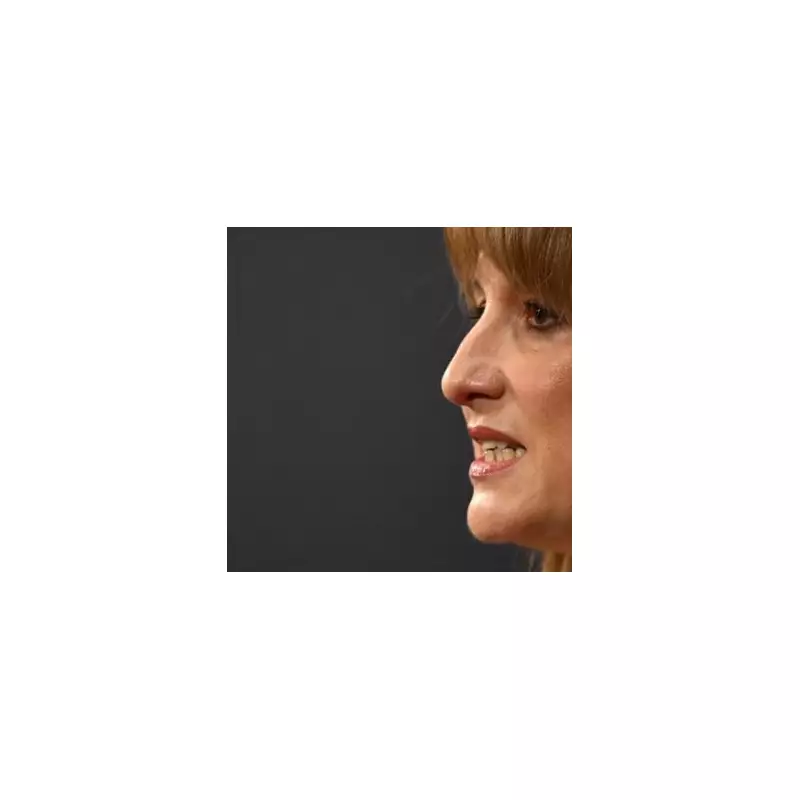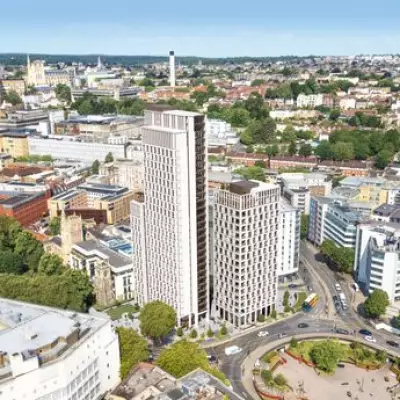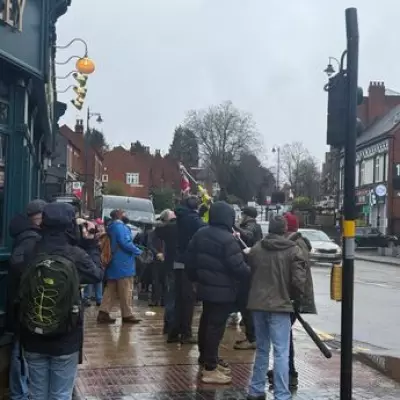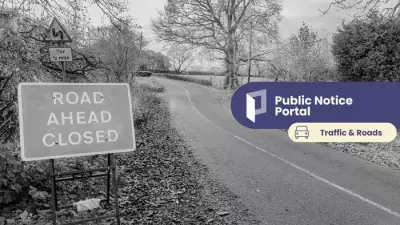
Chancellor Rachel Reeves finds herself at the centre of a political storm after suggesting that Middle England must shoulder greater tax burdens, drawing sharp criticism from across the political spectrum.
Backlash Over 'Middle England' Comments
The newly appointed Chancellor faces accusations of delivering a 'slap in the face' to hard-working families after indicating that those in Middle England should prepare for potential tax increases. The comments have ignited fierce debate about the government's fiscal strategy and its impact on ordinary households.
Political Fallout Intensifies
Opposition parties have seized upon the remarks, with critics arguing that the Labour government is betraying its election promises. The controversy comes at a delicate time for the Treasury, as it grapples with balancing economic recovery against mounting public debt.
Economic Experts Weigh In
Financial analysts express concern about the timing of such proposals, given the ongoing cost of living crisis. Many households in Middle England already face significant financial pressure from:
- Rising mortgage rates
- Increasing energy bills
- Stagnant wage growth
- Persistent inflation
What This Means for Households
The Chancellor's comments suggest a significant shift in fiscal policy that could affect millions of families. While specific measures remain unclear, the indication of higher taxes for middle-income earners has sparked anxiety among voters who supported Labour's campaign promises.
The Treasury maintains that difficult decisions are necessary to stabilise the economy, but critics question whether targeting Middle England represents the fairest approach to fiscal reform.





